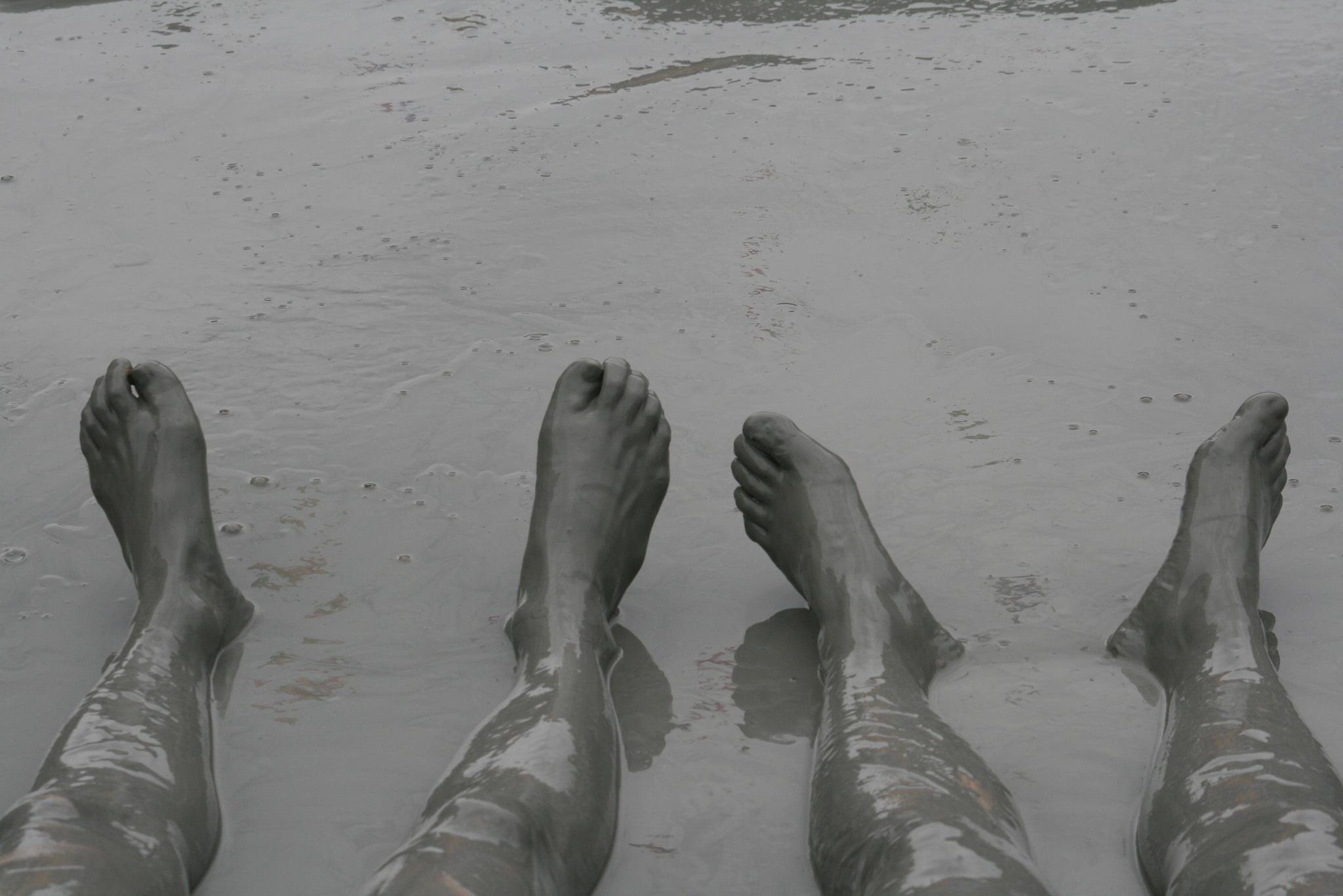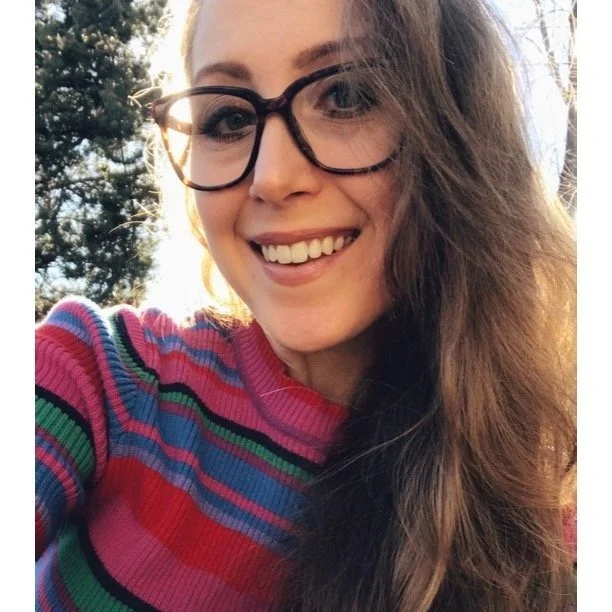the essays
With each passing year I have come to realize with shining clarity that no matter what metaphorical skins I have sloughed off or put on over the course of my life, my lodestar was established a long time ago, and my life’s journey so far has been in making my way back to my roots. By roots I mean the essence of what is important to me, what was taught to me as a child through myth and folk tales and stories my mother made up on the spot for me about the everythingness of existence. By roots I mean the ways in which I came to understand those non-negotiable essentials such as love and friendship and kindness. These roots are the ones that anchor me at all times, the ones to which I intentionally return when I need reminding. The essays in this issue are about roots of all sorts—the inviolable ties between parent and child, the transcendent connection with the elders, the sacred bonds of love of all kinds. I feel privileged and proud to have encountered these essays and to be able to share them with you. I hope they resonate and recharge you and remind you of the power and beauty of your own roots.
— Ranjana Varghese
Editor, Creative Nonfiction
The essays in this issue have come about from a journey into the insular intimacies of what makes a life. The writers have gone deep into themselves with a stunning vulnerability to bring these stories into being and we are so honored to usher them out into the world. The world today is such a turbulent place, with everything around us in constant flux, the kind of pace one gets lost in. It is so crucial—now more than ever—for us to dive deeply into things that center us, and remind us who we truly are. And that is exactly what these essays show. We have peered into the most tenderly beautiful worlds—those that tell of the epic vulnerability of young queer love, of hands gingerly held on tentative nights that bloomed into joyful mornings. We have seen the marking of skin by women in ancient societies, what it says of them, that they are the ones who mark our bodies with the things that remind us of home. Of returning to self. Like the young woman who does the herculean task of choosing herself in a world that has never taught us to do that. We witness the blooming of new and unusual relationships that fill a void within us whilst mirroring unto us the necessary work of re(building) bonds that our souls thirst after. We are once again reminded of the timeless power of nature and its effect on a young mother and her child as we observe the beauty of symmetry with our world and with each other. It has been a great pleasure of mine to discover these stories and it is with great pride that I present them to you now.
— Mofiyinfoluwa O.
Editorial Intern for Creative Non-Fiction
Neighbor Danger
Lori White
We’d lived on Furman Avenue for nearly a year before I met our neighbor, Moe, next door. I’d spied his old El Camino between the thick hedge that divides our houses, felt the rumble of its engine each morning at nine when he started it up and took off, not to return until evening. I’d catch a glimpse of him behind the wheel, his aviator glasses and narrow mustache. That was all I’d seen of him, and that was enough.
patterns of love
autumn duke
I woke up before her, as I have since we were seven years old. The morning sunlight from her bedroom windows brushed the room in buttery yellow. We were sleeping body-to-body despite the relative grandeur of a queen-sized mattress. I moved to make myself comfortable, carefully avoiding waking her. Her dark, curly hair was everywhere, under my head, on my shoulder. The familiar scent of her shampoo filled my nose. She was snoring.
The Kalinga province remains shrouded by the humid forests of northern Philippines, where, unlike dozens and dozens of other Filipino ethnic groups, the various sub-tribes of this mountainous region have retained much of their original culture. A combination of brutal terrain and combatant nature have allowed them to remain relatively untouched by centuries of Spanish, American, and Japanese colonization. Violence is really only one aspect of Kalinga survival.
a sin of thought
Stephanie couey
Each evening, when I get out of summer classes, the boy I’m in love with, a Jack Mormon from a rural neighboring town, waits for me on the bridge. He and I walk to the Jackson’s gas station, buy cartons of chardonnay, head to the Boise River, and strip to our underwear while it’s still light out. We float and drift in the shallow warm water until it’s black and speckled with gold from the campus lights.
walking away
rosalie petrouske
I began walking with my daughter before she was born.
On autumn mornings in the Upper Peninsula of Michigan, we walked along the shore of Lake Superior. On one of these outings, I felt her move inside me for the first time. The delicate motion made me think of the butterflies I once cupped in my palms when I was a child, and how their wings brushed softly against my skin as I held them gently before letting them go. She felt the same way, a subtle quiver in the small of my belly. I stopped and stood still, anticipating the movement again, my hand touching the rounded curve where she waited to be born.









































